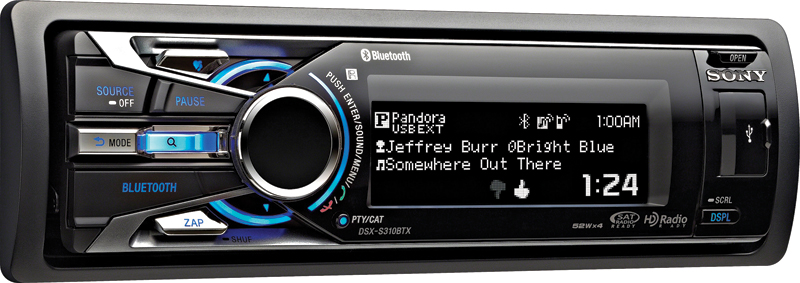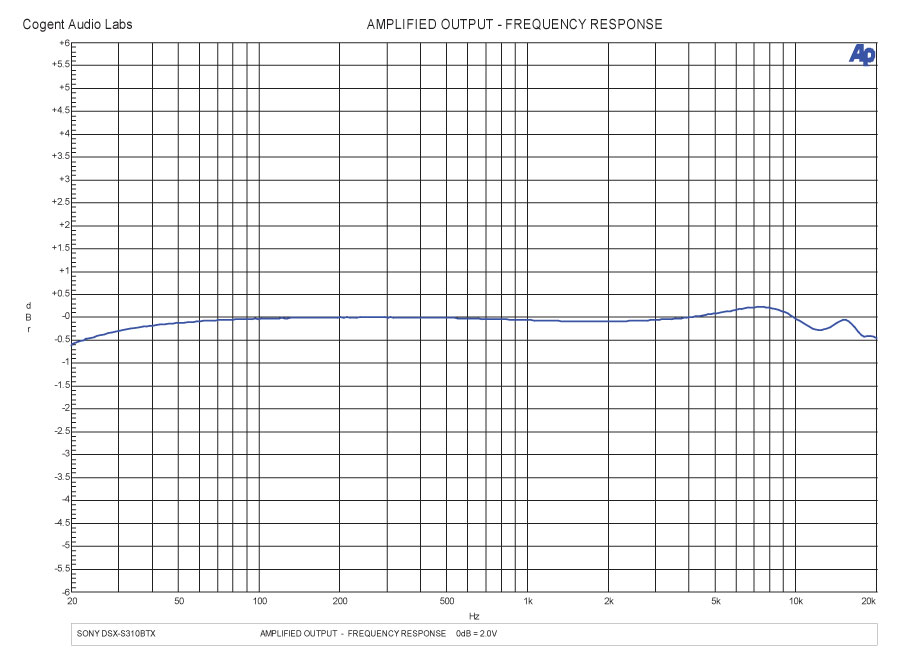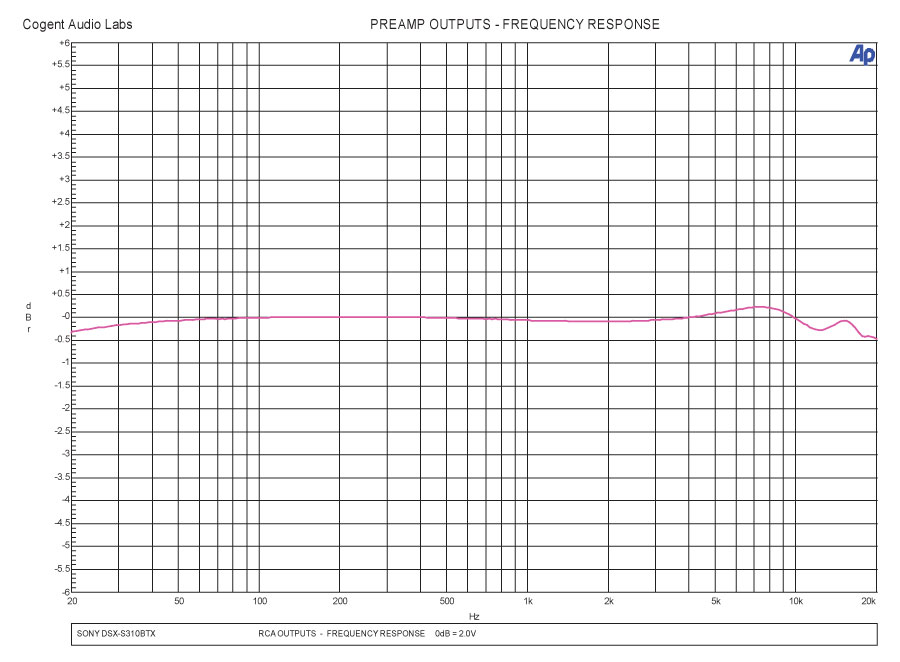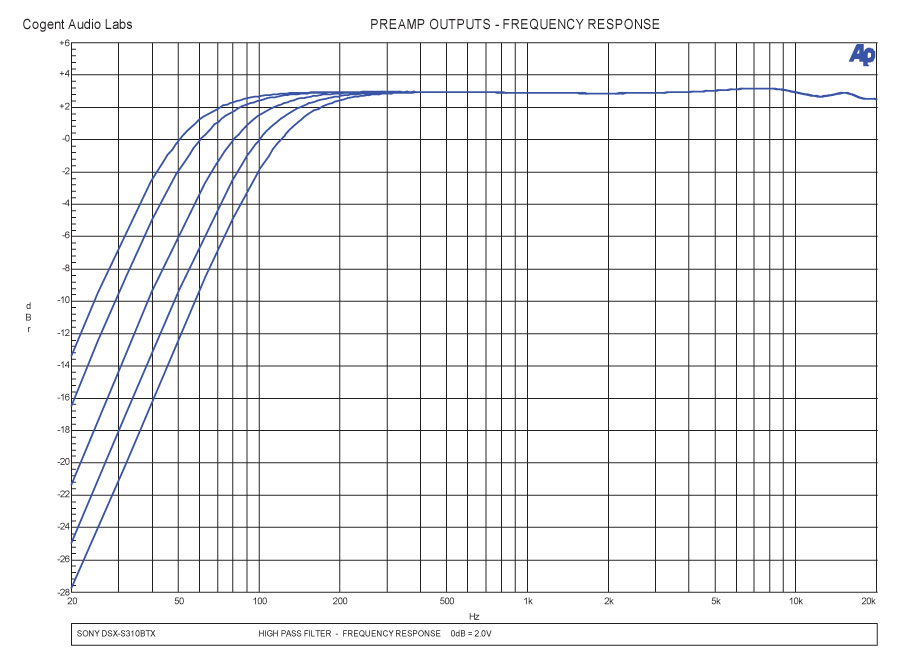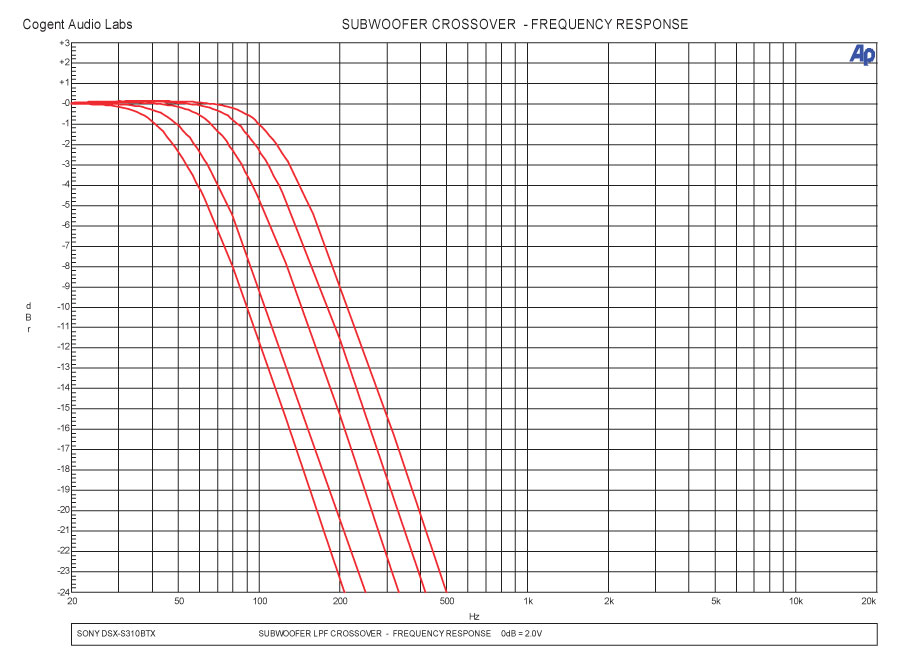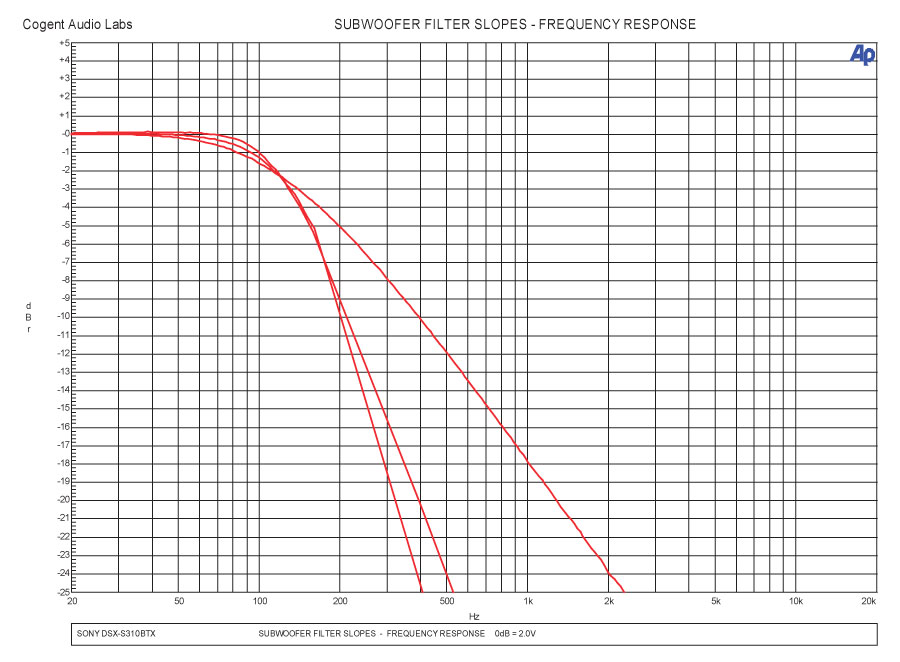You quit buying CDs years ago. You ripped all your music to a digital format when George W. Bush was still in the Oval Office. So why should you pay for a CD transport when you upgrade to a new head unit? The obvious answer is you shouldn’t. And that’s precisely why Sony has created the DSX-S310BTX Digital Media Receiver. With this Sony, you insert your iPod, Walkman, or flash drive into the unit where you’d normally load a disc. Behind the fold down faceplate is something Sony calls a Tune Tray to securely store your iPod player neatly and securely within the receiver.
Features
Built on a single DIN sized chassis, the $279 (US) Sony DSX-S310BTX incorporates an AM/FM tuner and two different USB connections for digital media devices. But for those of you without an Apple device or a non-USB based player, the DSX-S310BTX does not have a typical 3.5mm auxiliary input, so you are out of luck. Also included is full Bluetooth functionality, as well as Pandora Internet radio capability, via your Internet-connected Apple, Blackberry, or Android-based, Pandora-enabled smartphone. The DSX-S310BTX is one of the few units available that not only provides access to, but also full control of Pandora Internet radio apps. It transfers your compatible smartphone’s Pandora app control to the receiver and provides full app control, including thumbs up/down, along with searching through personal channels and bookmarking of artists and tracks.
The unit is also compatible with a Sony Walkman with the use of an optional adapter. But if you’d rather choose your music yourself, simply connect your iPod or USB flash drive to either the internal USB connection and use the Tune Tray, or uncover the front mounted USB port, and you’re ready to go.
With the convenience of Sony’s Quick-BrowZer function, you can quickly search for a track. The feature allows you to browse your tracks by artist, album, genre, or other category or, by using the Jump function, you can skip through your tracks in 10% increments. Or, simply use the ZAPPIN function to listen to short previews of tracks until you find the one you want. You can also stream music wirelessly via Bluetooth connection from your phone, or listen to your personal Pandora stations through your Internet-connected smartphone.
If you can’t seem to find music you’re looking for, or you simply don’t want to bother selecting tracks, the DSX-S310BTX is also equipped with Sony’s innovative and proprietary SensMe feature, which automatically groups tracks by tempo to ensure the tracks played suit your mood. The feature works using special Sony software that you install on your PC-based computer to perform something called a 12 Tone Analysis for all of the tracks in your library. Based on this analysis, the software groups your songs into various channels that correspond with the tempo and mood of a given track. These channels are then copied to your portable device. When you’re not in the car, you can choose music from a variety of new playlists: Energetic, Relax, Upbeat, Mellow, Lounge, Emotional, Dance, or Extreme. In the car, there are seven different channels to choose from: Freeway, Chillout Drive, Weekend Trip, Midnight Cruise, Party Ride, Morning Commute and Goin’ Home, each channel with music specifically suited to that type of driving.
From an audio performance perspective, the Sony is a serious piece of equipment, featuring a high power built-in MOSFET amplifier, three pairs of four volt pre-outs, and a powerful, full-featured, DSP-powered “Advanced Sound Engine”. It also has adjustable high pass and low pass filters, a seven band parametric EQ, adjustable delays for tuning the soundstage to your listening position, a high frequency restoration circuit called DM+ Advanced, and
a Dynamic Loudness option as well.
When it comes to tuning your system, there are five different crossover frequencies available for both the high and low pass filters, and the low pass crossover also allows selection of -6dB, -12dB or -18dB per octave slopes. The output level of the subwoofer can be adjusted independently, and a phase inverter is also on hand for the sub channel outputs. If you don’t have a subwoofer yet, a feature called Rear Bass Enhancement applies a special low pass filter to your rear speakers, allowing them to substitute for a subwoofer.
Controls and Ergonomics
The DSX-S310BTX uses a very clear and easy to read OEL display that has white characters on a black background, and it works well even in direct sunlight. The controls were fairly easy to use, although I thought the shape and layout of some of the keys were more cosmetically than functionally oriented. However, I’m a fan of rotary volume controls, and I liked both the feel and speed of the encoder.
I was less enthused with using the rotary encoder as an 8-way joystick, however, as I tend to reach quickly for the volume and more often than not, the “wobble knob” did something I didn’t want it to do. Getting the most out of your DSX-S310BTX is going to require a bit of familiarization and some perusing of the owner’s manual, but once you catch on to how things work, the Sony is fairly easy to live with. I liked how easily the unit swallowed up the tracks on my iPod Nano and Classic, yet still allowed for another unit or flash drive to be added via the hidden USB port found behind a small door on the right side of the removable faceplate. The built-in Bluetooth functionality of the Sony unit made pairing with my Blackberry a piece of cake, and the whole process took less than a minute. These days having a reliable hands-free system in your car is important and this Sony has you covered, thanks to its hands-free mic. Also included with the unit is a nicely designed and easy to use infra-red remote control.
I hooked up the DSX-S310BTX to my reference system and connected my trusty iPod Classic. After queuing up my sound quality playlist, using MP3s at 320kbps, I sat back and did some listening. The Sony player sounded terrific, with very open and natural sonics. Bass performance was strong and well defined, and I noted no lack of definition or detail in the upper registers. Female vocals had good natural timbre, and complex harmonies from The Manhattan Transfer and The Beach Boys came through with great definition and clarity. The controls worked exactly as expected, and after playing around with all of the tuning functions and even pairing my Blackberry and streaming Pandora Internet radio, I couldn’t find any significant faults with the DSX-S310BTX. After a couple of hours of very enjoyable listening, I came away quite impressed with the sonic performance of this Sony.
On The Bench
Moving the unit back to the test bench, the Sony’s performance proved to be very good. Frequency response was extremely flat on both the amplified outputs and the RCAs. Useable Preamp output voltage measured 4.4 volts, and THD was well below audibility. Output impedance was average, and Signal to Noise performance was very good as well. The internal amplifier actually developed higher power than stated in the CEA-2006 based specs, and I commend Sony and other manufacturers for using the CEA-2006 amplifier ratings on their headunits and publishing factual information. Sony has also done this with their other products- delivering more power than actually stated. Nice.
Conclusion
The DSX-S310BTX is a very capable, full-featured digital media receiver. With the convenience and safety of Bluetooth connectivity, Pandora functionality, dual USB connections, a great display and cool looking cosmetics, it’s pretty hard to find fault with this Sony. Maybe I’ll have to get around to ripping all of those CDs sometime.
|
Amplifier |
|
CEA-2006A Power per channel (all channels driven,@ 4 ohms) 18.9 watts/ch x 4 |
|
A Wtd S/N Ratio (ref to 2V/1W @ 4 ohms) -80.0dBA (USB) |
|
THD+N @ 2V/1W 0.04% |
|
Frequency Response (-3.0dB) better than 20Hz – 20kHz |
|
Preamp Section |
|
Max Usable RCA Output Voltage 4.4 Vrms |
|
A Wtd S/N Ratio ref to full output voltage -89.7dBA |
|
Output Impedance 215 ohms |
|
Frequency Response (-3.0dB) better than 20Hz – 20kHz |
Related Articles
 Formula DRIFT Announces Major 2026 Competition Format Changes for 2026 Season
Formula DRIFT Announces Major 2026 Competition Format Changes for 2026 Season
 PASMAG Editors’ Top 5 SEMA Builds of 2025
PASMAG Editors’ Top 5 SEMA Builds of 2025
 ACT Releases SFI-Approved 225mm Mod-Twin for 1989-1992 Nissan Skyline GT-R (R32)
ACT Releases SFI-Approved 225mm Mod-Twin for 1989-1992 Nissan Skyline GT-R (R32)
 MID Wheels by RAYS Introduces the All-New D8 Off-Road Wheel
MID Wheels by RAYS Introduces the All-New D8 Off-Road Wheel
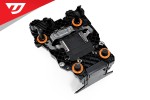 Unitronic TCU Tuning for the 8Y Audi RS3
Unitronic TCU Tuning for the 8Y Audi RS3
 Chopping Block: Acura RDX
Chopping Block: Acura RDX


